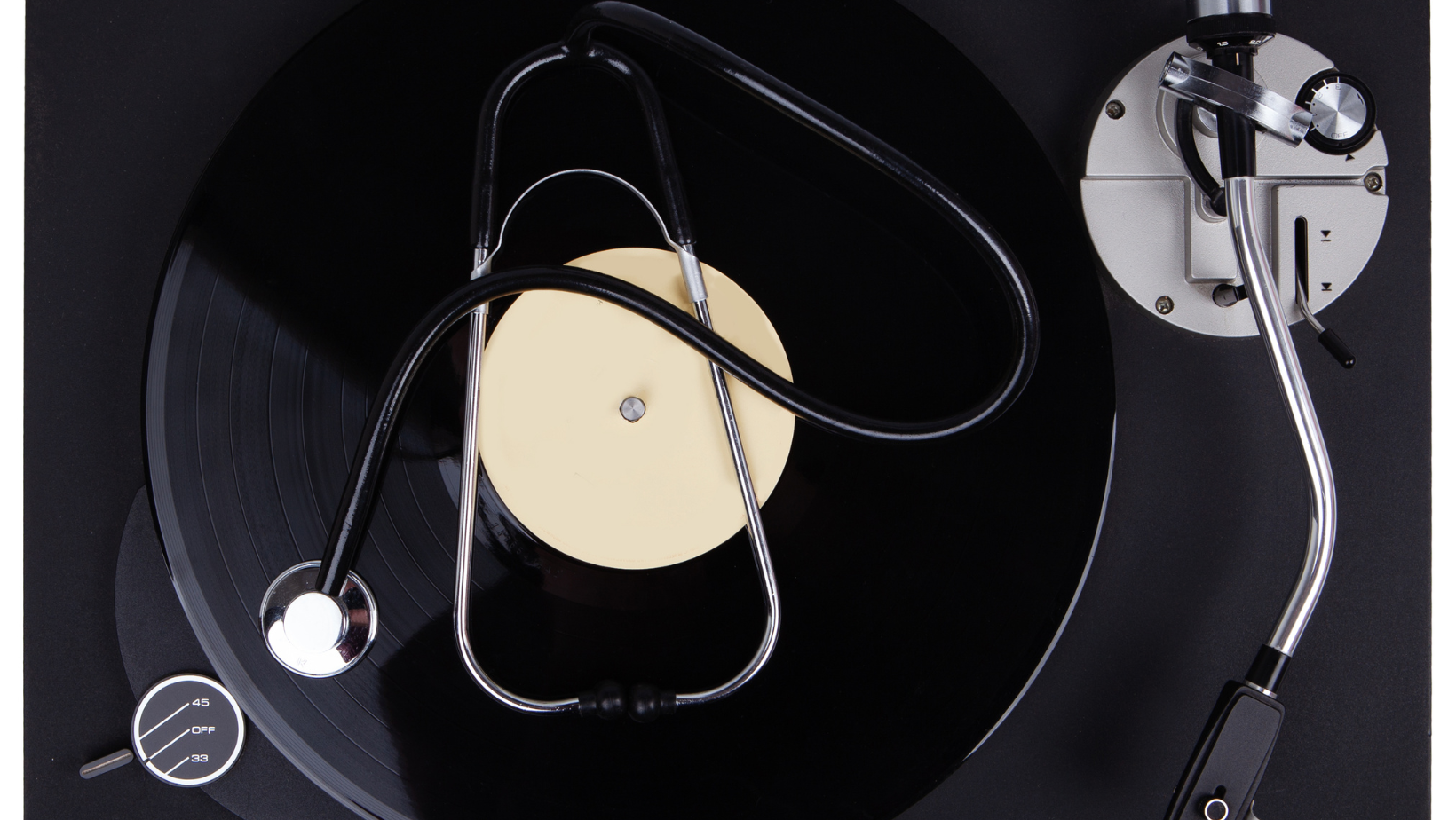In the realm of therapeutic healing, music therapy has carved a niche for itself. It’s an innovative approach that uses the power of music to transform lives.
So, whether you’re a music enthusiast looking to turn your passion into a profession, or a healthcare professional seeking to expand your skills, this guide is for you. Let’s delve into the world of music therapy certification.
Music Therapy Certification
 As the previous section demonstrates, obtaining a music therapy certification is not simply about earning a credential but marks the start of a fulfilling career in this therapeutic field. In this segment, we delve deeper into the core essentials regarding music therapy certification.
As the previous section demonstrates, obtaining a music therapy certification is not simply about earning a credential but marks the start of a fulfilling career in this therapeutic field. In this segment, we delve deeper into the core essentials regarding music therapy certification.
Certification in music therapy not only distinguishes an individual as a competent and committed professional but also promotes credibility in the field. It’s a process that bestows the essential knowledge and skills needed for practice, providing a specialized understanding of how music can be utilized to promote mental health, wellness, and improve quality of life. Moreover, a certification is often a requirement for employment in various health, education, and community settings. Indeed, it acts as an essential stepping stone towards establishing a solid career in music therapy, underlining an individual’s dedication and expertise in this unique field of therapeutic healing.
The Types of Certifications Available
 There are different types of certifications available, each providing a different level of specialization in music therapy. For instance, the Credential Music Therapist (MT-BC), administered by the Certification Board for Music Therapists (CBMT), is a popular choice for individuals seeking to enhance their skills and gain recognition in the field. It’s a certification that involves rigorous coursework, an internship, and a comprehensive exam.
There are different types of certifications available, each providing a different level of specialization in music therapy. For instance, the Credential Music Therapist (MT-BC), administered by the Certification Board for Music Therapists (CBMT), is a popular choice for individuals seeking to enhance their skills and gain recognition in the field. It’s a certification that involves rigorous coursework, an internship, and a comprehensive exam.
Another certification program to consider is the Advanced Certified Music Therapist (MT-BC, ACMT). It’s designed for MT-BC professionals looking to advance their practice, leadership, research, and service in music therapy. This certification requires a more specialized level of training and experience.
Educational Pathways for Music Therapy Certification
Educational pathways for music therapy certification underscore the importance of obtaining a specialized education, enabling music therapy practitioners to hone their skills, build credibility, and adhere to best standards of practice.
Degree Programs and Requirements
Degree programs lay the foundation for a career in the music therapy field. The educational pathway typically commences with a four-year bachelor’s degree in music therapy. Accredited by the American Music Therapy Association (AMTA), this undergraduate program integrates both theoretical and practical components, consisting of courses in music, psychology, and health sciences.
For this degree, individuals need to complete an average of 1,200 hours of clinical training, including a supervised internship, prior to graduation. Subsequent attainment of a bachelor’s degree marks eligibility for taking the Certification Board for Music Therapists (CBMT) exam.
Continuing Education and Advanced Certifications
 Once a music therapist earns their MT-BC certification, they’re expected to engage in continuing education for maintaining their certification. This involves the accumulation of 100 continuing education credits every five years.
Once a music therapist earns their MT-BC certification, they’re expected to engage in continuing education for maintaining their certification. This involves the accumulation of 100 continuing education credits every five years.
For those seeking to further specialize within the music therapy profession, several kinds of advanced certifications are accessible, each with specific prerequisites and criteria. These include the Certified Music Practitioner (CMP) offered by the Music for Healing and Transitions Program, the Neurologic Music Therapist (NMT) provided by the Academy of Neurologic Music Therapy, or the Fellows of the Association for Music and Imagery (FAMI) given by the Association for Music and Imagery.
Becoming a certified music therapist is a journey that’s worth the effort. It’s a testament to one’s dedication, expertise, and commitment to delivering high-quality music therapy. It’s not just about career advancement and financial benefits. It’s about the significant role these professionals play in transforming lives. Advanced certifications like CMP and NMT are stepping stones to specialized roles, offering a chance to make even more profound impacts. The importance of music therapy certification is clear. It’s a key that unlocks doors to opportunities, enhances patient outcomes, and ultimately, changes lives.

